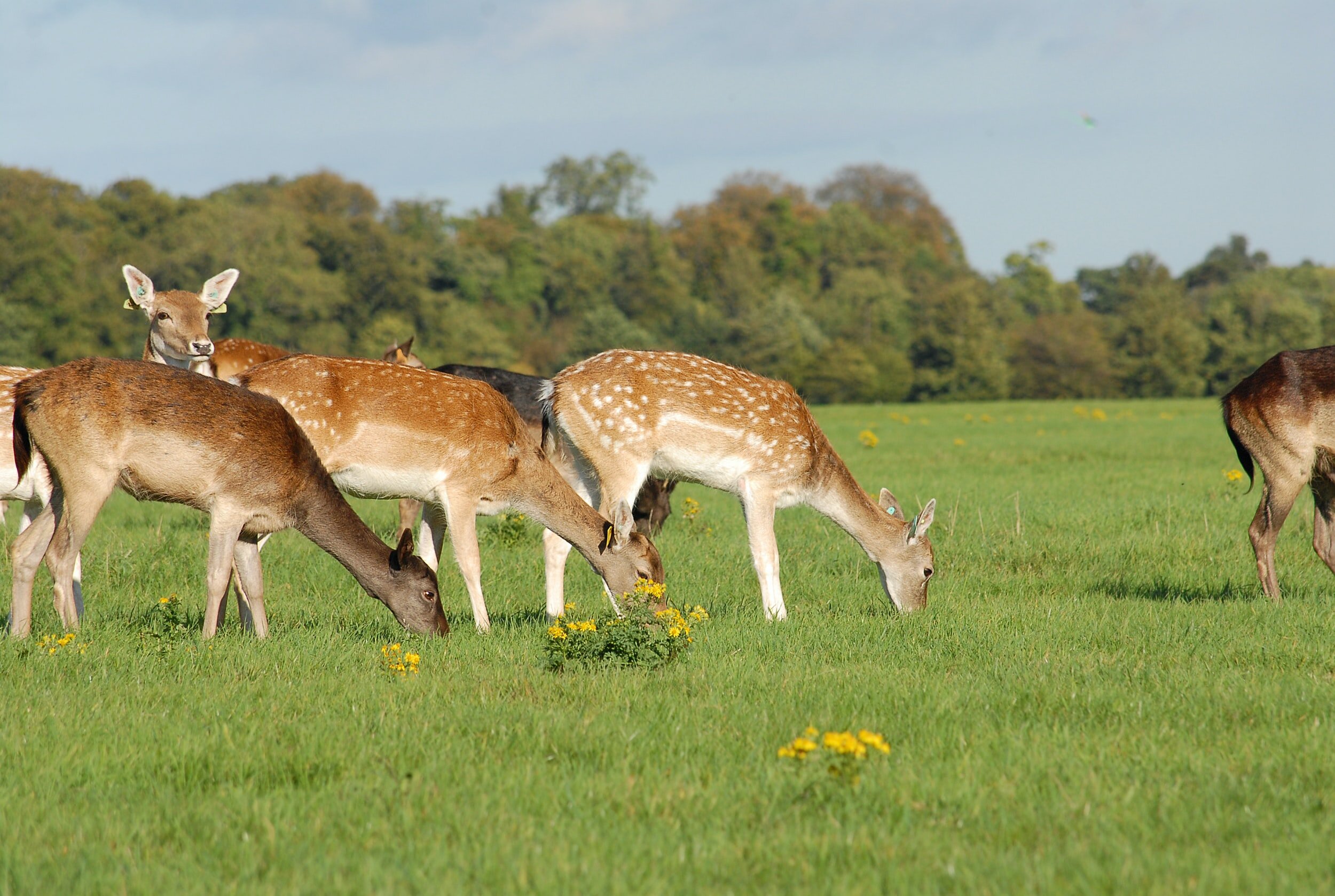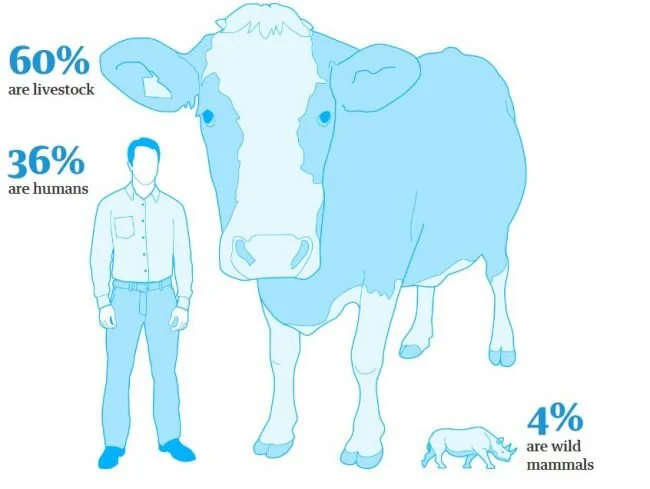
ECOCENTRISM
Beyond Anthropocentrism Toward Ecocentrism
What is anthropocentrism?
Anthropocentrism is a widely shared, unconscious worldview that only human beings have intrinsic value and are worthy of moral consideration, while nature and all other beings are valued only in their usefulness to us. The guiding belief of anthropocentrism is that we are superior to the rest of nature, and thus entitled to absolute power of life and death over all creatures and absolute control over all geographical space. Anthropocentrism, and the attitude of human expansionism it feeds, are at the root of the planetary crisis.
For most people anthropocentrism is unconscious because its precepts are lived as “the way things are.” But it does not have to be.
We now know, especially from Indigenous ways of thinking and living, that humanity can create a reality wherein nonhuman nature and creatures are recognized for their intrinsic value and given moral consideration, along with humans, within the entire community of life.
Robin Wall-Kimmerer, Indigenous ecologist and author describes the concept of anthropocentrism in this 3-minute video.
Humanized Earth
Robert Jensen discusses the perils of the technological fundamentalist worldview in this podcast episode.
Humanity’s dedication to endless expansionism depends on a kind of technological fundamentalism—a faith beyond evidence and reason—that we can address all existing challenges through advanced technologies. According to this point of view, we can implement new technologies to solve the unintended consequences of previous technologies. This absurd reasoning defies both logic and natural limits. Humanity has been invested in technological fundamentalism for decades or longer, and we can see the consequences of it all around us.
Anthropocentrism coupled with technological fundamentalism have led to the near-total humanization of planet Earth, to the point that terrestrial, freshwater, marine, and atmospheric systems bear modern humanity’s exorbitant imprint. Our agricultural systems are in large part responsible for this transformation: Fifty percent of Earth’s habitable land is used for agriculture, three-quarters of which is dedicated to “livestock” and the production of their feed. Entire biomes have been taken over by farmland to grow food for us and our domestic animals. The native plants of these biomes are replaced by feed crops while the wildlife is devastated by habitat destruction or direct killing to remove predators or competitors.
Humanity’s global food system is the primary driver of biodiversity loss, with agriculture alone the identified threat to 86% of species at risk of extinction. Humans and livestock now comprise 96% of all mammalian biomass, with only 4% comprised of wildlife forced into shrinking patches of habitat.
The domestic animals, even as their numbers eclipse those of their wild cousins, face a grim fate of which we are all aware: 70 billion land animals are slaughtered each year to meet an insatiable appetite for animal products, a number that is projected to double by 2050 if trends are not turned around.
Population Balance Advisor Dr. Sofia Pineda Ochoa’s video “Humanity’s Land Grab Disaster”
Animal agriculture is also leading cause of climate change, soil degradation, and freshwater and marine pollution. Agriculture claims 70% of freshwater consumed by humans, and streams, rivers, lakes, wetlands, and estuaries around the world are fouled or deadened by agricultural runoff and farm animal excrement—all to continue feeding a growing human population.
And as the global population grows, so does the sum of roads, vehicles, gadgets, appliances, buildings, power lines, and the rest. The mass of human-produced stuff, called the technosphere, now exceeds the biomass of all living creatures on Earth. Our solid waste alone fills the equivalent of five continent-sized garbage patches.
Humanity’s waste output has penetrated into the most remote environments, with plastic pollution showing up in the Mariana Trench and throughout the global ocean habitat, and microplastics contaminating the seas and infiltrating the food web. Meanwhile, ocean acidification from increased atmospheric carbon is threatening phytoplankton—the tiny ocean “plants” that are the base of the marine food web and responsible for producing some 80% of the world’s oxygen.
Image source: The Guardian
Rising ocean temperatures are also causing the destruction of coral reefs, which are nurseries for an incredible diversity of ocean life. Marine species have decreased nearly 40% in the past 40 years from ocean pollution, acidification, and rising temperatures and most especially from the onslaught of industrial fishing.
Due to humanity’s drawdown and polluting impacts, the current rate of species extinction is 100 to 1000 times greater than the natural rate, while climate change, global toxification, ocean acidification, and depletion of soils and freshwater are endangering humanity as well. As the human population has doubled from 4 to 8 billion over the past 50 years, the populations of mammals, birds, amphibians, reptiles, and fish have declined by 70%.
Ecologist Carl Safina discusses the devastating impacts of human expansionism on nonhuman animals in this podcast episode.
Anthropocentrism is threatening the future of humanity
Our species’ deluded conviction of our supremacy is not only driving the cruel disregard with which we kill coyotes, sharks, and songbirds for sport, elephants for ivory trinkets, or rhinos for aphrodisiacs. Our supremacist complex also threatens our very existence. Climate change has penetrated public awareness because its direct dangers to human life and wellbeing are already devastatingly apparent. But ongoing mass extinction and destruction of the web of life is ultimately the greatest existential threat. Without a healthy ecosphere, humanity cannot survive let alone thrive.
Our vision for an ecocentric worldview
Board member and author Dr. Eileen Crist offers a profound vision for transcending human supremacy and cultivating ecocentrism in this podcast episode.
We envision a future where our human footprint is in balance with life on Earth, enabling all lifeforms to thrive. This vision calls us to abandon our pretense of human supremacy and embrace an ecocentric worldview that recognizes our humanity as but one node in the vast web of life that is built on the foundation of Earth’s ecological integrity.
In addition to a far smaller human population, this shift will require that we phase out industrial agriculture in favor of regenerative and humane food systems that thrive alongside wildlife and do not abuse domesticated creatures in factory farms but lovingly care for them. To effect this shift we must end the massive subsidies to industrial animal agriculture, and redirect them toward regenerative, mostly plant-based agricultural systems and the restoration and rewilding of native ecologies. We must support local, state, and national governments in formally recognizing the rights of animals and nature, in adopting ecocentric economic models, and in incorporating ecocentric values into school curricula.
As we scale back our numbers, economies, and technosphere, the human family can return to a smaller and harmoniously integrated subsystem of the biodiverse global ecosystem, in which nature and animals have inherent worth and our human community is nestled within their wild and free expanse.





